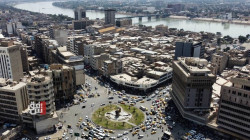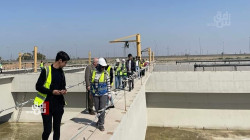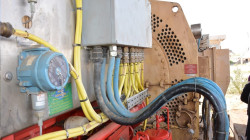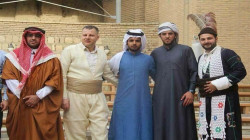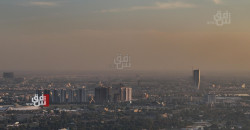Iraq’s Census: Fears fuel Tensions in Kirkuk, spark political turmoil
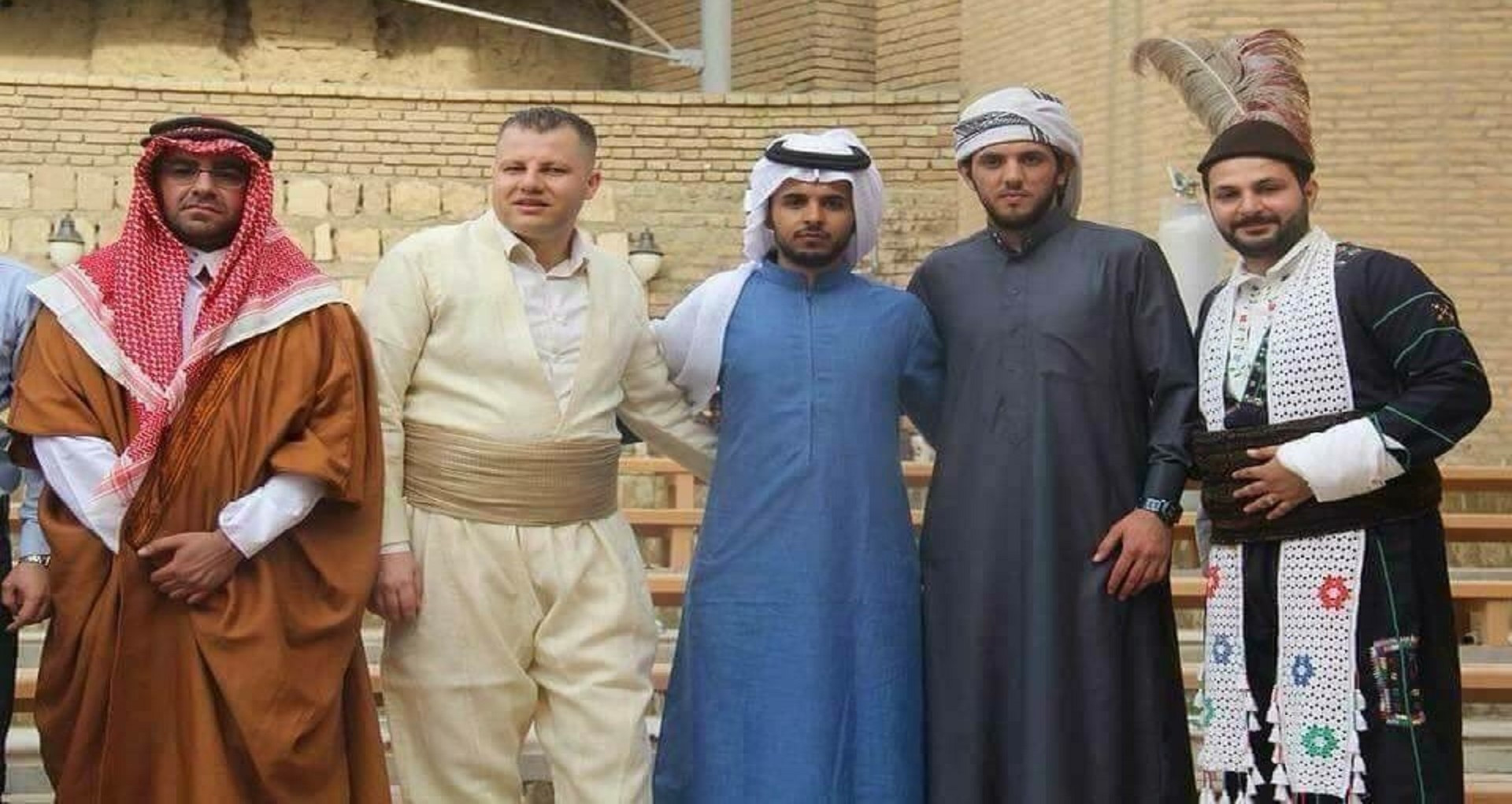
Shafaq News/ Kirkuk, an oil-rich governorate at the center of longstanding territorial and political disputes between Iraq's central government and the Kurdistan Regional Government (KRG), is once again a focal point of tensions as calls to delay the upcoming national census grow louder. Local political actors are concerned that the census could shift the delicate balance of power in the region, with many viewing it as a potential tool to reshape the demographic landscape.
While the census is seen as essential for national planning, critics argue that the timing is inappropriate in a region as contested as Kirkuk. Political and ethnic groups, particularly the Kurds, Arabs, and Turkmen, have voiced concerns that the census may be used to undermine their claims or bolster those of their rivals.
Ministry of Planning: Census to Proceed
Despite these concerns, Iraq’s Ministry of Planning announced that it will move forward with the nationwide census, including in Kirkuk. On Monday, Abdul Zahra al-Hindawi, the Ministry’s spokesperson, expressed surprise at the calls for delay, emphasizing that the census is not politically motivated but purely intended for economic and developmental purposes.
"The Ministry of Planning is committed to conducting the census across all Iraqi governorates, including Kirkuk," al-Hindawi told Shafaq News Agency. "We’ve made significant progress since the start of the data collection on September 1, and the census will continue as scheduled."
Al-Hindawi stressed that the census is a necessary step to address Iraq’s rapid population growth, which exceeded 43 million by the end of last year. "Iraq is witnessing a population increase of more than one million people annually. The census will help determine the actual needs of each governorate in terms of health, education, housing, and services," he added.
Economic and Developmental Focus
The Ministry has sought to distance the census from any political connotations, framing it as a purely administrative exercise aimed at ensuring a fair distribution of resources based on population size. "The census is an economic and developmental tool, not a political one. It will provide data essential for future planning, including the equitable distribution of wealth across Iraq’s governorates," al-Hindawi said.
He further reassured all communities in Kirkuk, including Kurds, Arabs, and Turkmen, that the census is a neutral endeavor aimed at benefiting everyone equally. "The census is designed to identify developmental gaps, and its results will be used to enhance services for all Iraqis," he noted.
However, these assurances have done little to assuage the concerns of many in Kirkuk, particularly Kurdish leaders who view the census as a potential flashpoint in the ongoing struggle over the governorate’s political status.
Kurdish Concerns: Article 140 and Demographic Displacement
Among the most vocal critics of the census is Mohammad Kamal, head of the third branch of the Kurdistan Democratic Party (KDP) in Kirkuk. In a press conference last week, Kamal acknowledged the importance of preparations for the census but called for a postponement in Kirkuk until the implementation of Article 140 of the Iraqi Constitution.
"The preparations for the census are necessary, but the situation in Kirkuk is different from the rest of Iraq," Kamal said. "The governorate is not ready for this process, and many displaced Kurds have yet to return."
Kamal’s reference to Article 140 highlights the underlying political issues that make the census so contentious in Kirkuk.
Article 140 is a constitutional provision that outlines the steps needed to resolve territorial disputes in areas like Kirkuk, which are claimed by both Baghdad and the KRG.
The article mandates a three-step process: normalization, a census, and a referendum. These steps were supposed to be completed by December 31, 2007, but have remained largely unfulfilled, leaving Kirkuk’s political status unresolved.
Historical Context: Article 140 and Kirkuk’s Disputed Status
At the heart of Kurdish demands is the implementation of Article 140, which many view as essential to addressing the demographic changes imposed by Saddam Hussein’s regime. During the 1980s, Saddam forcibly displaced thousands of Kurds from Kirkuk and replaced them with Arabs in an attempt to change the ethnic balance in the region.
Kamal noted that in 1988, the Ba'ath regime destroyed over 4,500 Kurdish villages, relocating their inhabitants to the Kurdistan Region. "Many of these displaced residents are still living in the Kurdistan Region, and conducting a census without accounting for this historical injustice would distort the results," he warned.
For Kurdish leaders, addressing the legacy of forced displacement and implementing Article 140 are prerequisites to any meaningful census in Kirkuk. They argue that moving forward with the census before resolving these issues could lead to skewed results, exacerbating tensions in an already volatile region.
Sinjar: Concerns Over IDP Return Before the Census
Similar concerns are being raised in other parts of Iraq, particularly in the Sinjar district of Nineveh, where many internally displaced persons (IDPs) have yet to return following years of conflict. Mohammad Ahrees, a member of the Nineveh Council, emphasized the importance of ensuring the return of displaced residents before the census is conducted.
"The situation in Sinjar is improving, with progress being made in security and service projects," Ahrees said. "However, the return of displaced persons is crucial before the census takes place. This will allow for an accurate assessment of the population, which is essential for determining the needs of the region."
Ahrees underscored that the census will play a key role in documenting population and housing data, which in turn will help the central government allocate resources to areas based on their real needs. "The return of displaced residents to their areas will ensure that the census reflects the true demographic makeup of Sinjar and helps guide future development projects," he added.
Broader Implications: Political Power and Resource Distribution
The stakes for the census are high, not just in Kirkuk but across Iraq. The census will be the first comprehensive population count since 1987 when Saddam Hussein’s regime conducted the last nationwide census. A subsequent census was held in 1997 but excluded the Kurdistan Region, leaving Iraq without accurate population data for decades.
Since 2003, the KRG has pushed for Kirkuk to be incorporated into its territory, a move that Baghdad has resisted. The census will be pivotal in determining whether the Kurds constitute the largest ethnic bloc in Kirkuk, potentially strengthening their claim to the governorate.
For Iraq as a whole, the census is necessary for determining the population within the Kurdistan Region, which will influence its share of national revenue, currently set at around 12%. The census will also have remarkable implications for resource distribution, particularly oil revenue, which remains a key source of tension between Baghdad and Erbil.
Hopes and Fears: Political Manipulation and Demographic Shifts
Despite the Ministry of Planning’s assurances, fears of political manipulation continue to loom over the census. Ethnic groups in disputed territories like Kirkuk are wary that the results could shift the balance of power in ways that either bolster or undermine their political aspirations.
The Kurds, in particular, fear that the census could fail to account for the displaced population, thereby skewing the results in favor of Arab and Turkmen groups. On the other hand, Arab and Turkmen leaders have expressed concerns that the census could solidify Kurdish claims to Kirkuk, further complicating efforts to resolve the region’s disputed status.
For Iraq, a country still recovering from decades of conflict and ethnic violence, the census represents both an opportunity and a risk. If conducted fairly, it could provide much-needed clarity and help guide future development efforts. But if mishandled, it could deepen existing divisions and fuel further tensions.
As Iraq moves forward with the census, the eyes of the nation will be on Kirkuk, where the results could have far-reaching implications for the future of the governorate and the country as a whole.
